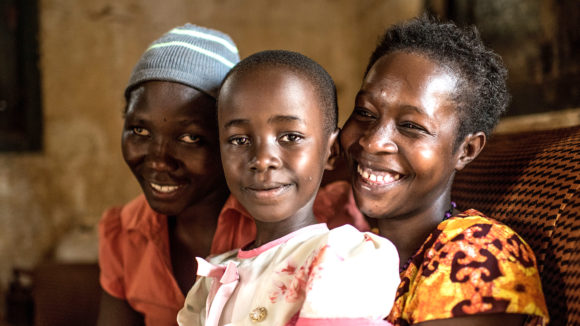Guidance on including women and girls with disabilities in sexual and reproductive health and rights programmes.
Inclusive sexual and reproductive health
All sexual and reproductive health services need to be inclusive and accessible for people with disabilities as part of the global commitment to Universal Health Coverage.
Sexual and reproductive health and rights (SRHR) are human rights. They are not only an integral part of the right to health, but are also necessary to enjoy many other human rights, including the rights to life, information and freedom from discrimination.
Why should disability inclusion be at the top of the SRHR agenda?
- If people and particularly women with disabilities are not meaningfully included in mainstream SRHR programmes, Universal Health Coverage and Sustainable Development Goals targets will not be met.
- SRHR information needs to be inclusive and accessible to ensure all people with disabilities are informed of their rights.
See our innovative work in action in northern Nigeria
Read the story“In my experience, women and girls find it difficult to take care of their menstrual needs with dignity. As a member of the Empowerment and Livelihoods for Adolescents club, I am much more confident. As a woman, I am happy!”
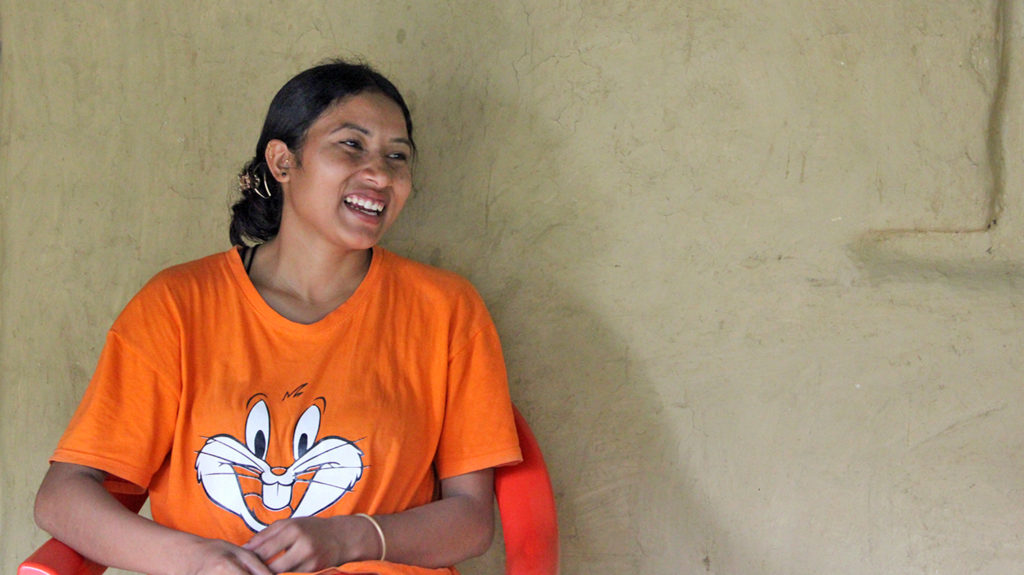
Programme participant Sabita, Nepal
“It is important that people with disabilities are not left behind. If we neglect them, achieving the Sustainable Development Goals will be almost impossible.”
Joy Shu’aibu, Sightsavers director of programme operations in Nigeria
Practical steps for including people with disabilities in SRHR programmes
- Commitments and programmes should raise awareness of the sexual and reproductive health and rights of all people with disabilities, emphasising their sexual autonomy and decision-making capacity and the multiple and intersectional discrimination faced in claiming their rights. Donors and NGOs working on SRHR should aim to set a target percentage of programmes to be marked as disability inclusive using the DAC marker.
- Donors, civil society and other development stakeholders should collect and support national governments to collect disability disaggregated data around the provision of sexual and reproductive health information and services to inform improvements in policy and services.
- Donors should set targets that focus on access rather than use as these are less likely to lead to women and girls with disabilities being pressured into ‘accepting’ contraceptives in order for targets to be met. Women and girls’ right to bodily autonomy must be put at the centre.
- Programmes should focus on ensuring health workers are given adequate training, including through the curricula of health training institutions and continuous professional development, to improve disability awareness and ensure that sexual and reproductive information, goods and services are provided to people with disabilities without discrimination or stigma.
- Global health stakeholders should focus on meaningfully engaging people with disabilities and their representative organisations when designing, implementing and monitoring SRHR projects.
- SRHR services, facilities and information need to be inclusive and fully accessible to people with disabilities in all their diversity.
- Social and behaviour change campaigns must be designed to be inclusive and accessible, and tackle disability stigma and discrimination at all levels of society.
“I used to feel shy. But now that I am recovered, I have understood we should not hesitate, and we should share our issues.”
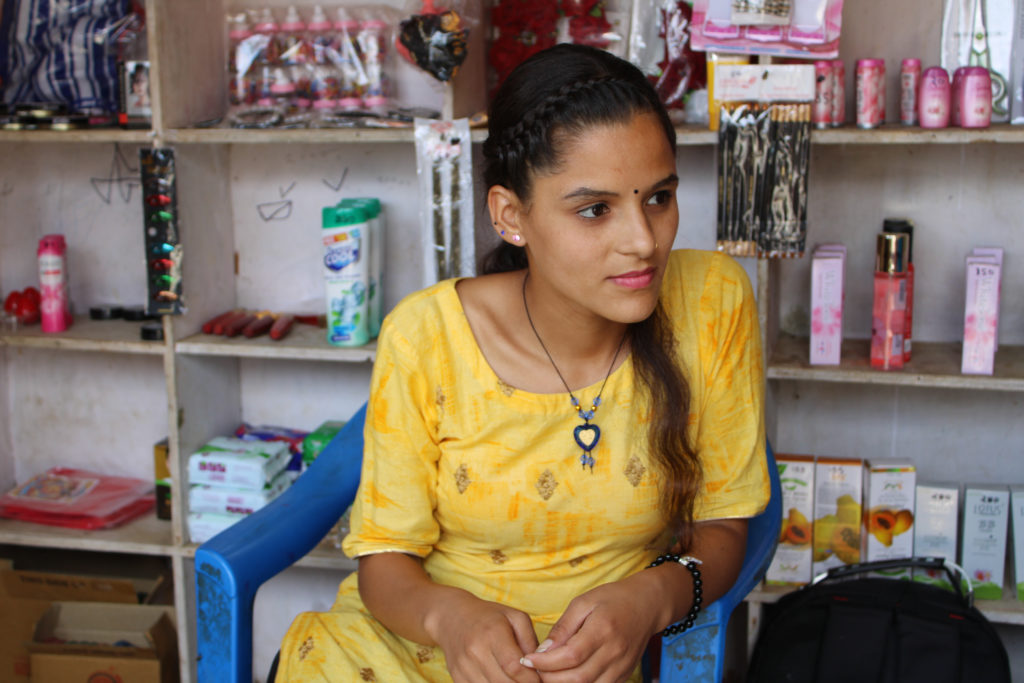
Programme participant Saraswati, Nepal
Read more about SRHR
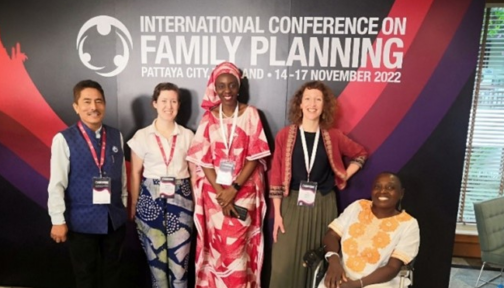
Why disability inclusion in sexual health is vital: the key messages
Access to and uptake of sexual and reproductive health for people with disabilities is one of the important milestones to reach the commitment to universal health coverage and the Sustainable Development Goals.
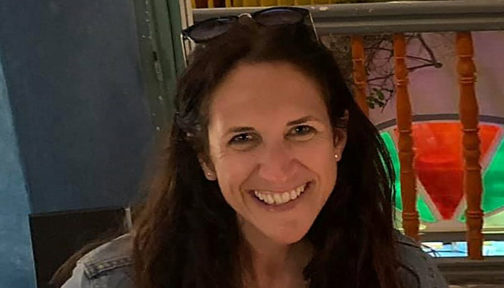
It’s time to ensure the rights of people with disabilities to sexual and reproductive health. Here’s where to start
One in five women has a disability, yet women and girls with disabilities have been consistently neglected in sexual health programmes.
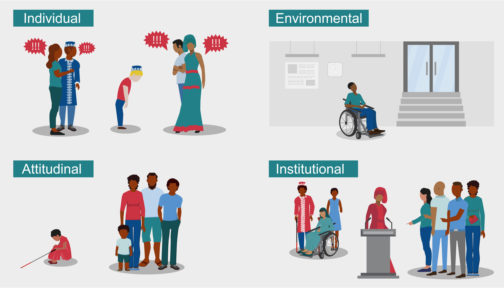
Key barriers affecting access to and uptake of family planning for people with disabilities
The evidence base on family planning for women and girls with disabilities has grown rapidly over the past decade. However, there remain considerable gaps.
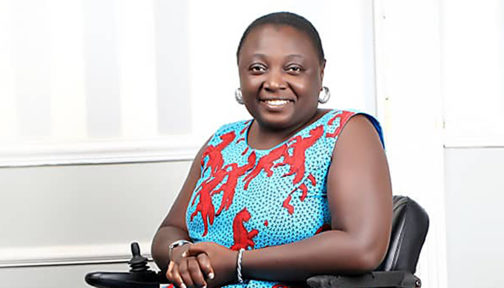
Lois Auta-Udonkanta: “I see my disability as a bridge and not as a barricade”
Lois is the CEO of the Network of Women with Disabilities in Nigeria. She raises awareness about the rights of women and girls with disabilities so they are included in national policies.
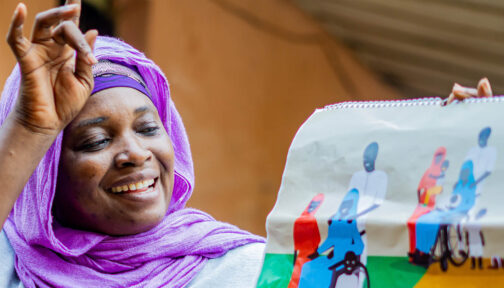
Nigeria family planning: Let’s talk about sex
An innovative project in northern Nigeria is changing community attitudes and supporting women with disabilities to access family planning services.

